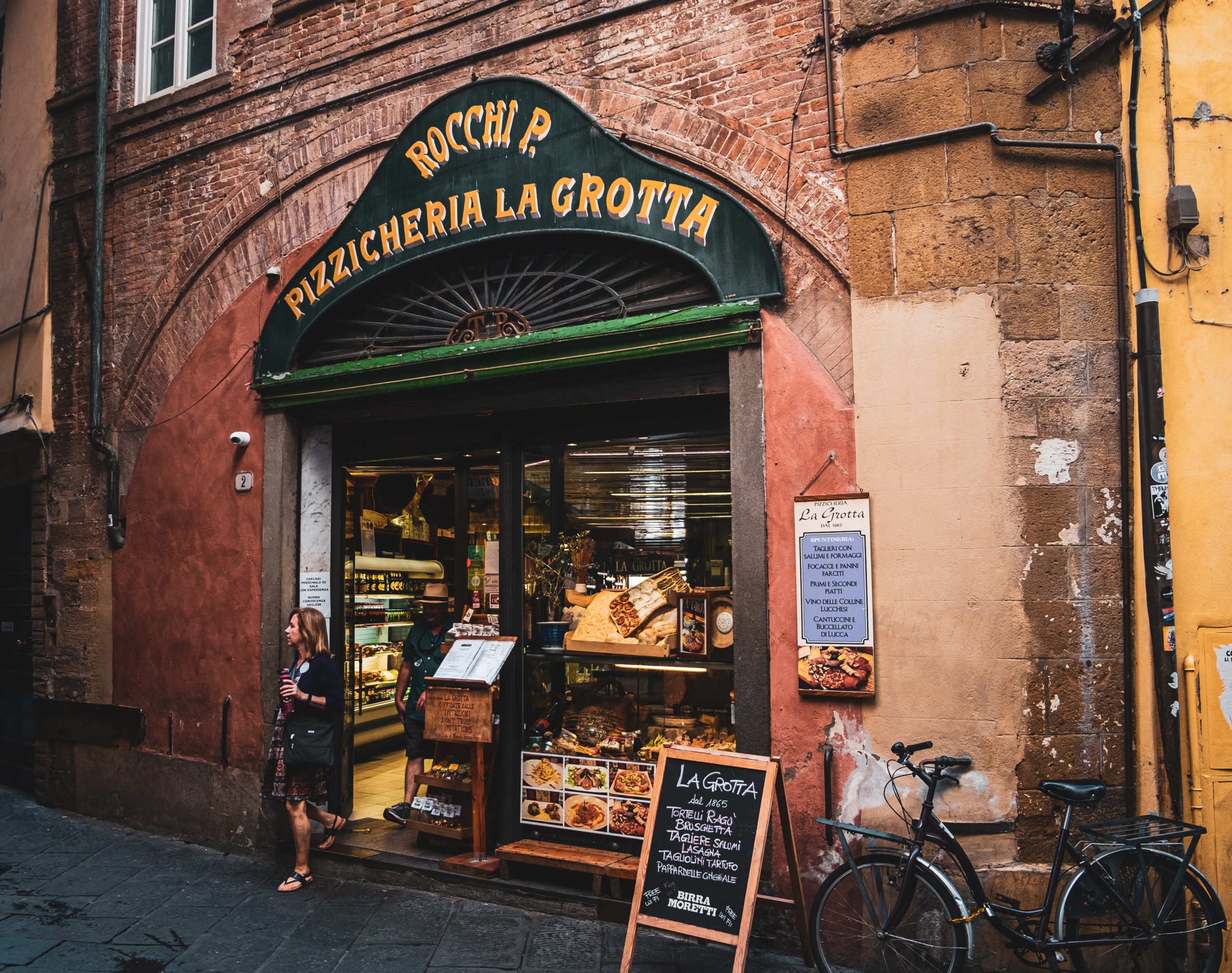Migliore vs. Meglio
“Migliore” and “meglio” are two words that students frequently mix up.
The reason for this is that meglio means “better”, and migliore means both “best” and “better” and this causes a little confusion when translating from English.
In Italian we can’t draw a division between best and better, like English. Instead we have to consider the word’s function in the sentence, when deciding whether to use migliore or meglio.
How to use ‘migliore’
Migliore means ‘best’ or ‘better than’.
“Migliore” means ‘best’ when used as an adjective in conjunction with a noun.
Examples:
- il mio miglior amico vive a Londra – my best (adjective) friend lives in London
- i miei migliori studenti viaggiano spesso in Italia – my best (adjective) students often travel to Italy
- Quelle fragranze sono le migliori – those fragrances are the best (adjective)!
- il riposo è la miglior medicina contro lo stress – resting is the best (adjective) medicine again the stress
Note that, when migliore comes before a singular noun, the last-e is dropped (it’s just a phonetic adjustment).
Example
- il mio miglior amico (
and not migliore)
“Migliore” also means ‘better than’ when it is used in comparative sentences, such as when comparing one thing to another in English.
- Questo vino è migliore di quello – This wine is better than (adjective) the other
- La lezione di oggi è migliore di quella ieri – Today’s lesson is better than (adjective) yesterday’s

Test Your Italian
Not sure what your Italian level is? I’ve created a free online Italian test to help you determine it.How to use ‘meglio’
“Meglio” means ‘better’ and is always an adverb. As the definition suggests, it follows verbs and is often used in comparative sentences as well.
- Se non hai capito questo argomento, studiarlo meglio – If you didn’t understand this topic, study it better (adverb)
- Martina sa cucinare meglio di Serena – Martina can cook better than (adverb) Serena
- E’ meglio studiare un poco ogni giorno che studiare tanto una volta settimana – It is better (adverb) to study a little every day than to study a lot once a week
- Conosco meglio Roma che Napoli – I know better (adverb) Rome than Naples
Peggiore vs. Peggio
“Peggiore” and “peggio” are the antonyms of “migliore” and “meglio.” The same rules discussed before apply to them as well.
“Peggiore” means ‘worst’ when used as an adjective in conjunction with a noun.
- La peggiore vacanza – The worst (adjective) vacation
“Peggiore” also means ‘worse than’ when it is used in comparative sentences, such as when comparing one thing to another in English.
- Questo è peggiore di quello che ho bevuto ieri – this is the worse then the one I had yesterday
“Peggio” means ‘worse’ and is always an adverb. As the definition suggests, it follows verbs and is often used in comparative sentences as well.
- Capisco peggio lo spagnolo che il francese – I understand Spanish worse (adverb) than French
In conclusion, because both “migliore” and “meglio” mean “better,” this can lead to confusion for my students who speak English as their first language. Therefore, it’s critical to consider the grammatical function of the word in sentences rather than relying solely on a direct translation.








